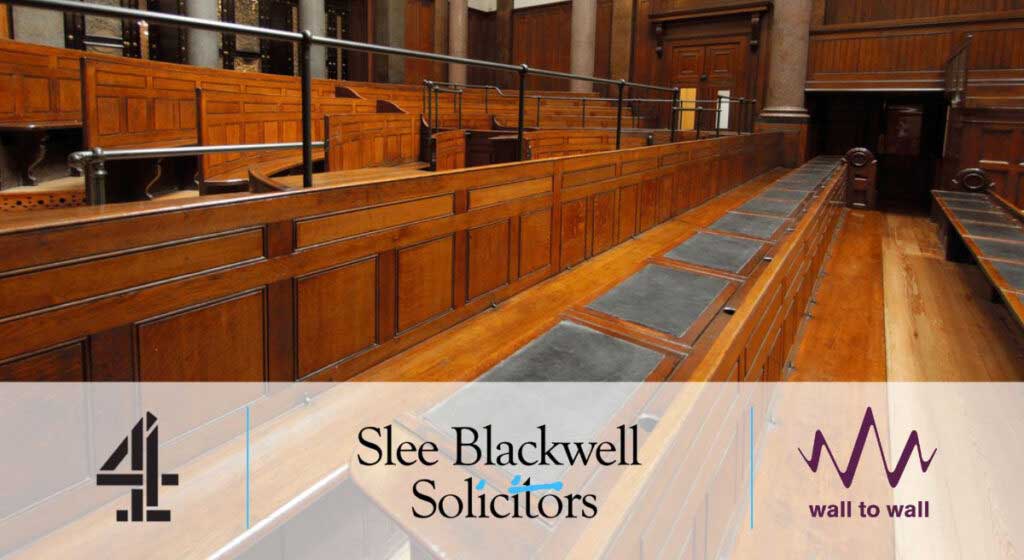January is usually a time of reflection when people set goals and resolutions for the coming year. This generally takes the form of an intention to eat more healthily, drink less alcohol, give up smoking or to start going to the gym for more than a couple of weeks. But in a break from tradition the new year resolution high on many people’s lists is cosmetic surgery.
According to research the preferred body type among those wanting cosmetic surgery is an ‘athletic’ and ‘natural’ look. Large breast augmentation appears to be officially old news, being replaced by a demand for smaller breast augmentation, or even reductions, and more body contouring and liposuction.
With more and more procedures being performed under local anaesthetic, cutting recovery time and reducing the side effects of surgery, many people are arranging for their procedures to be carried out during working hours. In fact it is now possible to pop out during the lunch break for a quick lift or tuck and be ready to go back to work in the afternoon. With evening surgery being termed ‘twilight tweakment’, patients are able to be in and out of surgery and back normality within a few of hours. Traditional recovery periods following treatment under general anaesthetic and an overnight stay in hospital are no longer the norm.
It has been report by some that the shift towards procedures being carried out in this way benefits the individual in terms of their lifestyle. But while increased patient convenience is always something to be welcomed, it raises the question as to whether an increase in the availability and performance of cosmetic procedures on a faster ‘walk in, walk out’ basis will also promote improvements in the quality of the treatments provided. In an effort to increase turnaround times, there is concern that the focus may shift away from quality to quantity and in so doing make the risk of negligent practice greater.
Negligence occurs when a procedure is not carried out to an appropriate and satisfactory standard that could be reasonably expected within the cosmetic surgery industry. Not every case of patient dissatisfaction means there is a potential claim for compensation. Surgery is inherently risky and outcomes are rarely guaranteed, but where an error or mistake is made then a negligence claim is likely to arise.
We wish you well with sticking to your resolutions for 2017 and achieving the targets you have set for yourself. And if you are one of the growing army of people determined to undergo cosmetic surgery we hope you will safely achieve the outcome you desire. But for those who have a bad experience with a cosmetic procedure and who think they may have been the victim of medical negligence then contact our friendly and experienced legal team by calling our confidential legal helpline on 0333 888 0437 or emailing us at info@cosmeticsurgerylaw.co.uk
Our specialist cosmetic surgery lawyers will be happy to talk things through with you, assist in finding a suitable way forward and offering guidance on funding options such as no win, no fee.
